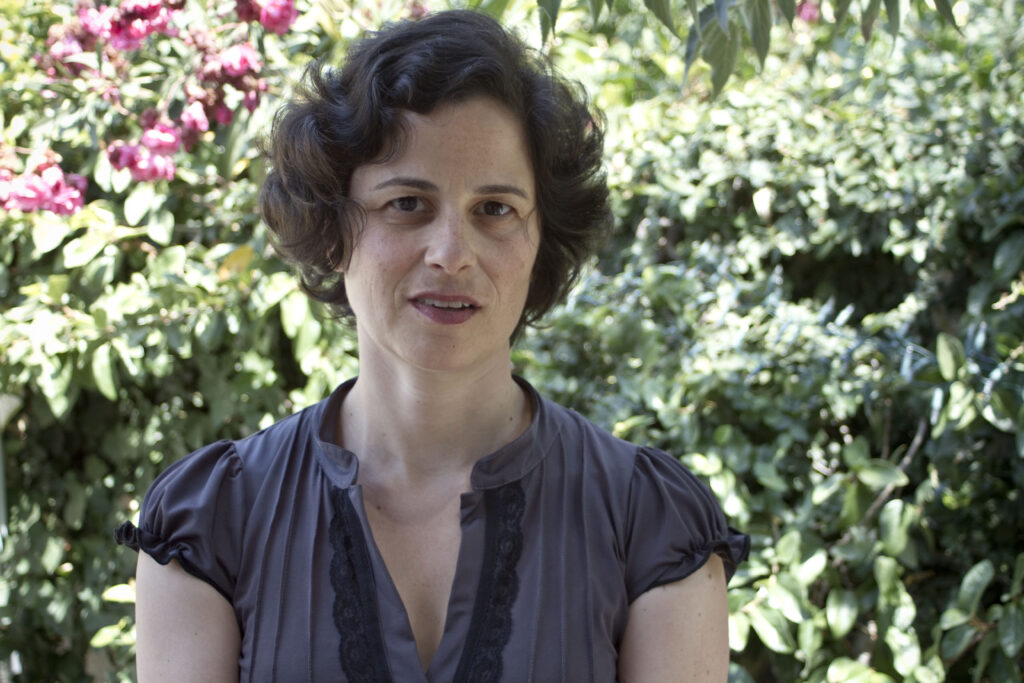Beyond the celebration

Holiday season is upon us again. In reality the holiday surge started in October with Columbus Day, also referred to as Indigenous Peoples’ Day, followed by Halloween and the Day of the Dead, two ancient celebrations that have gained renewed traction in recent years. In the US,
November also brings with it one of our most significant holidays, Thanksgiving, and the year comes to a close with Christmas and Chanukah.
For many of us these holidays mean a well-deserved rest from our daily routine; for kids it’s often a welcome day off, perhaps a fun costume, some great food, gifts. But these celebrations also invite us to take some time to reflect on our cultures, their significant dates on the calendar, and the way in which we acknowledge and celebrate them.
celebrations also invite us to take some time to reflect on our cultures, their significant dates on the calendar, and the way in which we acknowledge and celebrate them.
This is an excellent company! I personally enjoyed the energy and the professional support the whole team gave to us into creating website.
– Anna Frank
The first holiday on the list, which traditionally celebrated Columbus’ “discovery,” has gone through a cycle of changes throughout the hemisphere to reflect new perspectives on this significant date. In Argentina it is called the Day of Respect for Cultural Diversity, in Chile the Encounter Between Two Worlds, and the Day of Race in Bolivia, Colombia and Honduras. In the US some call it Columbus Day while others have adopted the name Indigenous Peoples’ Day. Not insignificantly, in Mexico and Peru, cradles of the continent’s most important ancient civilizations and empires, this holiday is not celebrated at all. It’s a touchy subject, and related, in a way, to what happens with Thanksgiving, a cherished family holiday that, nonetheless, tends to gloss over an historical moment that is far more complex and violent than many of us would care to remember.
At this point in 2021, I think it’s worth asking ourselves: what are we really celebrating these months? The “discovery” of a new world or the fall of ancient indigenous civilizations subjected by European powers.
“The answer may be different for each of us, but the key to arriving at some kind of conclusion lies in the historical texts of our different countries and cultures, the myths and legends that have been passed down to us through oral traditions, and the historical and political documents and commentaries –from both sides of the Atlantic—that offer contrasting visions that, as a group, allow us to understand the different sides of this very multifaceted story, which lies at the foundation of the reality we all walk through in our everyday lives.”
These are complex questions, but valuable ones for us to ask and explore, with our families and loved ones, in the calmer moments of our days off. The popularity of Halloween and the Day of the Dead, in late October and early November, has only grown in recent years, both in the US and Latin America. This year, for the first time since the beginning of the pandemic, the streets of New York City were once again filled with revelers in costumes and masks, from classic disguises such as ghosts, witches, and fairies to more up-to-the-minute getups such as Jeff Bezos in his astronaut suit, or a human-sized Covid vaccine. Right now, this holiday seemed to fill the need for a moment of fun and community connection after so many months of isolation. It is no coincidence that this renewed appreciation for Halloween, the Day of the Dead, and horror and terror tales in general has come on the heels of a period of illness and tragedy. In a way this cultural trend serves to remind us that these, and all of our celebrations, inevitably present two sides of the same coin: comedy and tragedy, illness and health, joy and sorrow. And, yet again, it is literature that can come to the rescue: by diving into tales of mystery and terror we may not only enjoy some excellent reading, but also explore that human psychology that prompts us to leave our homes at night in disguises, read horror stories in order to feel a sizzle, and connect to what lies just beyond our human understanding.
Nam id odio sit amet nisl vulputate luctus ac ut mass Lorem ipsum dolor sit amet, consectet adipiscing elit Etiam ut leo blandit, efficitur massa eu, vebulum nibh quis tempus sem, id porta mauris.
Nam id odio sit amet nisl vulputate luctus ac ut mass Lorem ipsum dolor sit amet, consectet adipiscing elit Etiam ut leo blandit, efficitur massa eu, vebulum nibh quis tempus sem, id porta mauris.
Nam id odio sit amet nisl vulputate luctus ac ut mass Lorem ipsum dolor sit amet, consectet adipiscing elit Etiam ut leo blandit, efficitur massa eu, vebulum nibh quis tempus sem, id porta mauris.
Nam id odio sit amet nisl vulputate luctus ac ut mass Lorem ipsum dolor sit amet, consectet adipiscing elit Etiam ut leo blandit, efficitur massa eu, vebulum nibh quis tempus sem, id porta mauris.
A year and a half into the pandemic, as many of our countries are also struggling with major social and political crises, the matter of celebrations and holidays can seem somewhat beside the point. For many of us, Covid-19 has introduced all kinds of tragedy, difficulty and uncertainty into our lives, and in many countries the political situation does not inspire celebration. But as humans, we do need to celebrate. So what can we do? Take the day off just to rest?
I think in times of adversity, celebrations are more important than ever, an escape that we all need. Yet they are never quite as simple as we’d like them to be. My daughter, for example, always suffers a bit on her birthday. On that day, when she leaves behind one age and enters into another, unknown one, she is always enthused by the balloons, games and gifts, but inevitably feels a touch of melancholy knowing that she is leaving behind an age and a time to which she will never return.
Celebrations aren’t always what we expect. As we see in the text we’ve highlighted this month, they can bring us happiness as well as pain and confusion.
But if we are conscious of these dualities and contradictions, we can experience our holidays in their truest light – in the knowledge that human experience -individual and communal- is complex, intense, and often confounding.
But this is where our sages can come in. Literature, the words of our wisest thinkers, can help us to make sense of these special dates on which we commemorate Columbus’ arrival on American shores, remember our departed loved ones, or gaze at our relatives on the other side of the Thanksgiving table. At these moments, literature can be both a bridge and a salvation, and ultimately make our holidays more than just another day off.
